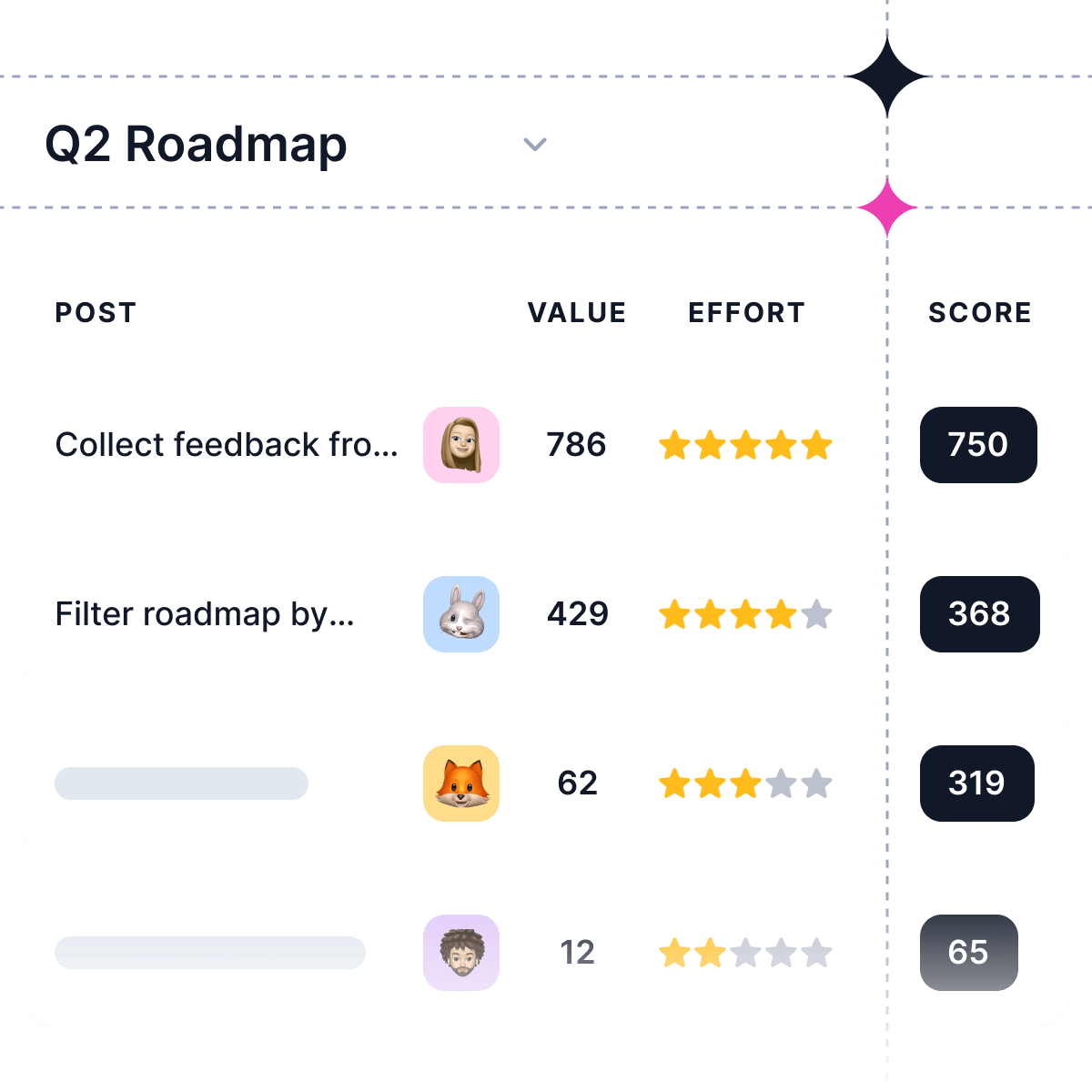Artificial Intelligence (AI) has been a game-changer in various industries, and it's no surprise that product management is experiencing the effects as well. As a product manager, you might be curious about the role AI will play in your field and whether it will eventually replace your job.
In this blog, we will address these concerns by exploring how AI is transforming product management and debunking the myth of job replacement for Product Managers.
Understanding AI in Product Management
AI refers to the development of computer systems that can perform tasks that would typically require human intelligence. These tasks include learning, problem-solving, and understanding natural language. AI has been integrated into various industries, from healthcare to finance, and is now making its way into product management processes.
In simple terms, AI refers to the development of computer systems capable of performing tasks that usually require human intelligence, such as decision-making, problem-solving, and pattern recognition.
The Current State of Product Management
Before diving into the role of AI in product management, let's take a look at the current state of product management. At present, product managers are responsible for:
-
Defining the product vision and strategy
-
Prioritizing features and functionality
-
Coordinating product development and launch
-
Managing the product life cycle
-
Ensuring customer satisfaction
The role of a product manager is a challenging one, as they must balance the needs of the customers, the business, and the development team. It's a role that requires strong communication, analytical, and problem-solving skills.
How AI is Changing Product Management
AI has the potential to transform product management in various ways. Here are some key areas where AI is making an impact in the product management industry:
Data-driven decision making
AI can help product managers make better decisions by analyzing large amounts of data quickly and accurately. This allows product managers to make data-driven decisions, resulting in more successful products. For example, AI can analyze customer feedback, market trends, and competitor data to help product managers prioritize features and improvements.
Customer segmentation and personalization
AI can also help product managers better understand their customers by segmenting them based on their behaviors, preferences, and needs. This allows product managers to create more personalized and targeted products that cater to the specific needs of different customer segments.
Predictive analytics
AI can help product managers predict customer behavior and market trends, allowing them to make more informed decisions about their products. For example, AI can predict which features are most likely to be popular among customers, allowing product managers to prioritize their development.
Automation of repetitive tasks
AI can help automate repetitive tasks that product managers often perform, such as updating project management tools, creating reports, and analyzing customer feedback. This allows product managers to focus on more strategic aspects of their role, such as defining the product vision and strategy.
Insights-driven decision-making
AI can also help product managers make smarter decisions by providing them with insights from customer feedback, market trends, and competitor data. This allows product managers to develop more successful products and stay ahead of the competition. AI can also be used to automate mundane tasks, such as updating project management tools and creating reports, freeing up product managers’ time for more strategic tasks.
Personalization and user experience
AI can also be used to create more personalized and targeted user experiences. By leveraging AI-driven insights, product managers can create products that are better tailored to the needs of their customers. For example, AI can be used to personalize content and design elements to provide customers with a more engaging and enjoyable experience. This helps product managers create more successful products that customers love.
Will AI Put Product Managers Out of Work?
While AI is undoubtedly changing the landscape of product management, it's unlikely to put product managers out of work anytime soon. AI can help product managers make more informed decisions and automate repetitive tasks, but it cannot replace the human touch that is essential in product management.
Product managers possess unique skills, such as empathy, creativity, and the ability to adapt to changing circumstances. These skills are difficult for AI to replicate, and they are essential to the success of a product.
Moreover, product managers play a crucial role in coordinating the efforts of various teams, such as engineering, marketing, and customer support. While AI can provide valuable insights, it cannot replace the interpersonal skills and human judgment required to navigate complex team dynamics and organizational structures.
Preparing for the AI-Driven Future
As a product manager, it's essential to embrace the changes brought about by AI and leverage them to your advantage. Here are some steps you can take to prepare for the AI-driven future:
-
Stay informed: Keep up-to-date with the latest developments in AI and machine learning. Understand how these technologies can improve your decision-making and efficiency.
-
Develop new skills: Learn how to work with AI tools and platforms to incorporate AI-driven insights into your product management process.
-
Collaborate with AI experts: Build relationships with data scientists and AI engineers to better understand how AI can be applied to product management.
-
Adapt your role: Focus on developing the strategic and interpersonal aspects of your role that are less likely to be replaced by AI.
Conclusion
In conclusion, while AI is transforming the product management landscape by offering valuable insights, automating repetitive tasks, and enhancing decision-making capabilities, it is not a threat to the role of Product Managers. Instead, AI serves as a powerful tool that complements the unique human skills and expertise of Product Managers. Embracing AI and adapting to its advancements will only enhance a Product Manager's ability to create successful products and navigate an increasingly competitive market. By staying informed, developing new skills, collaborating with AI experts, and focusing on strategic and interpersonal aspects of their role, Product Managers can ensure they remain indispensable in the age of AI-driven product management.






